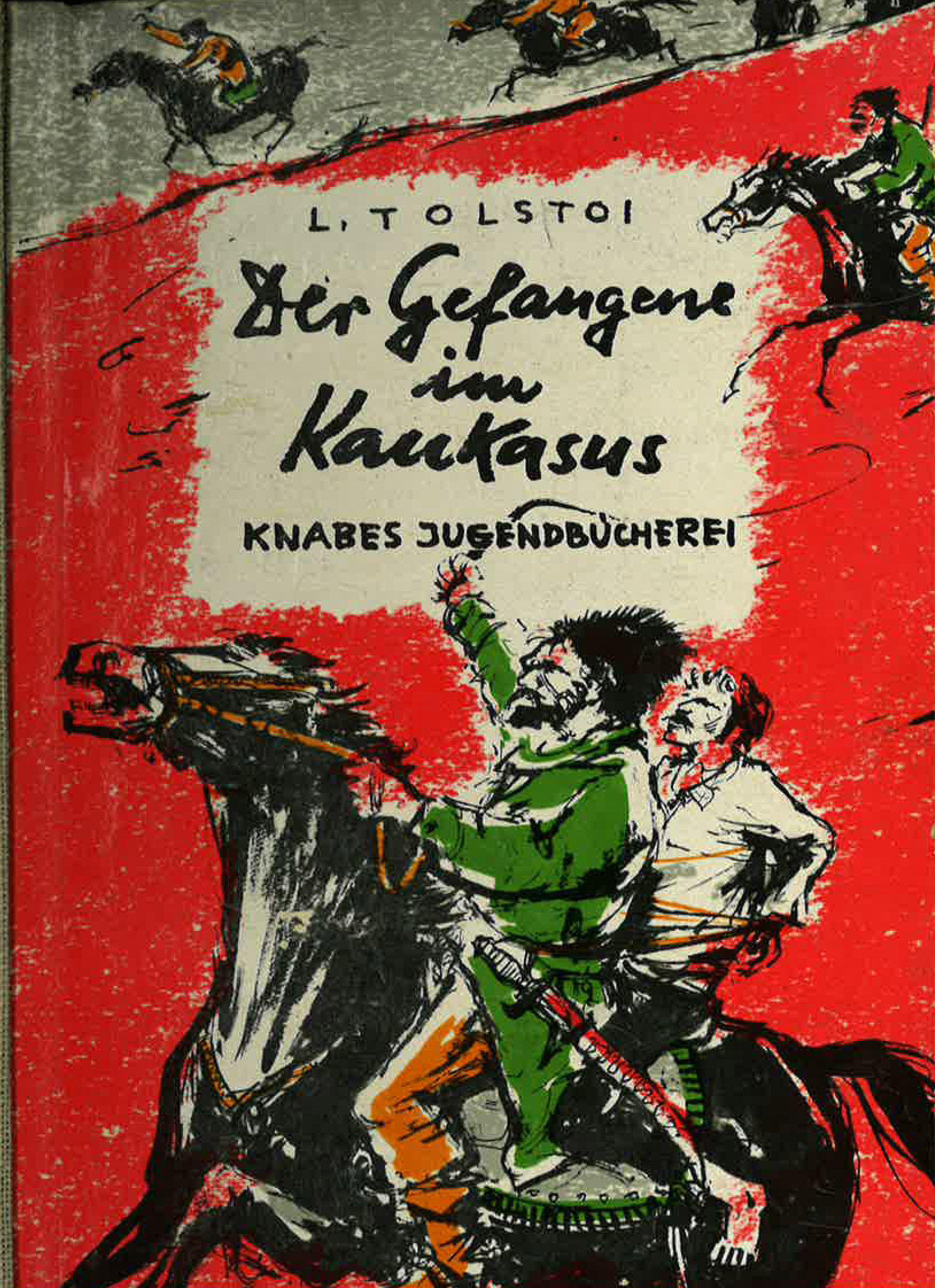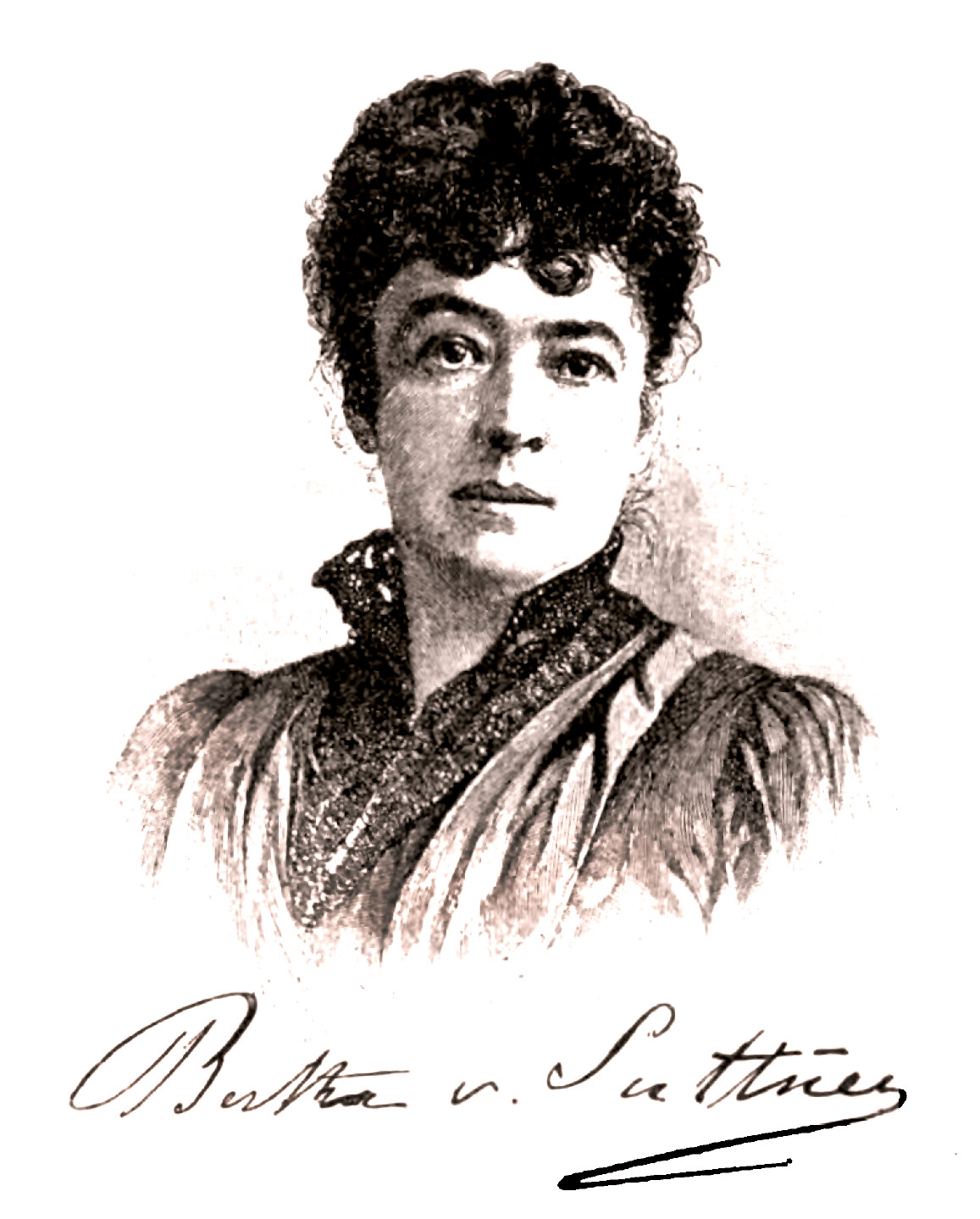When Bertha von Suttner arrived in Georgia along with her husband, the Caucasian War was already over. Yet the memory of it lingered on and remains even so to this day. A bloody conflict raged for decades, coming only to a temporary ceasefire in 1864. Following the collapse of the Soviet Union in 1991, tensions erupted again in many places, including Chechnya (1994-1996 and 1999-2009) and the short Russian-Georgian war over Abkhazia and South Ossetia in 2008. At the end of the eighteenth century, the Tsarist Russia had sought to forcibly incorporate the Caucasus into its territory. The civilian population suffered the most. On both sides, atrocities and crimes were part of everyday warfare. Kidnappings of Russian military personnel and travellers were not uncommon. Only by demanding high ransoms from their relatives were prisoners able to regain their freedom. Numerous Russian writers—including such figures as Alexander Pushkin, Mikhail Lermontov and Leo Tolstoy—were attracted by the exoticism of the Caucasus and its cultures on the one hand, yet on the other hand they also recognised blatant injustice, oppression and general willingness to use violence against the population. Many people had lost their freedom and often lived an unenviable existence on the margins of existence. Literature often grappled with events of this war, attempting to convey a better picture of this area and its inhabitants. In 1872, Leo Tolstoy published a story called “The Prisoner in the Caucasus”, which is still immensely popular in Russia today. Together with Alexander Pushkin’s lyrical poem of the same name, this popular work shaped the image of the Caucasus that continues to be felt in Russia today. It brought the defeated side into the public eye just as much as it formulated stereotypes that continue unchallenged.
Read the full text of the novel on the internet (in German language): The Prisoner in the Caucasus on Project Gutenberg

